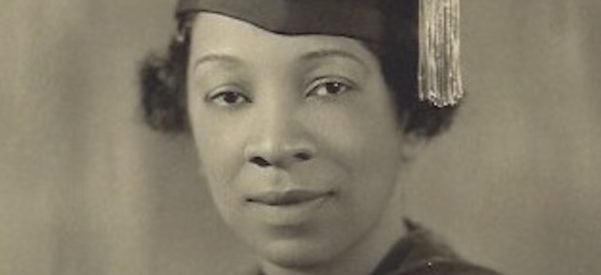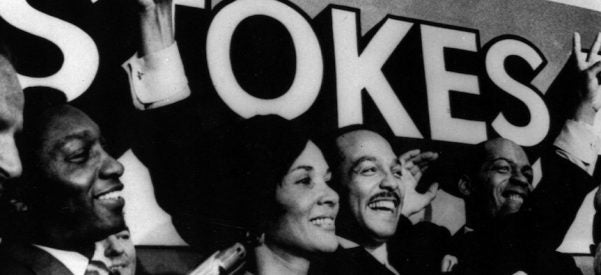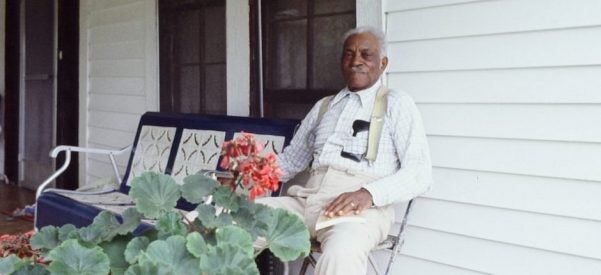The Black Scholar Who Gave Up Her Family to Earn Her Ph.D.
In the Early to Mid-1900s, Historian Marion Thompson Wright Had to Contend With the Prefeminist Rules and Culture of Howard University
Marion Thompson Wright is best known as the first female African-American to earn a doctorate in history. Her 1940 dissertation, defended at Teachers College at Columbia University—The Education of Negroes in New Jersey, a history of segregated schools in the North—remains relevant today. Wright had a distinguished academic career at Howard University from 1940 until her death in 1962, serving as book review editor for the Journal of Negro Education and creating the university’s student advising program. In 1953, she …




